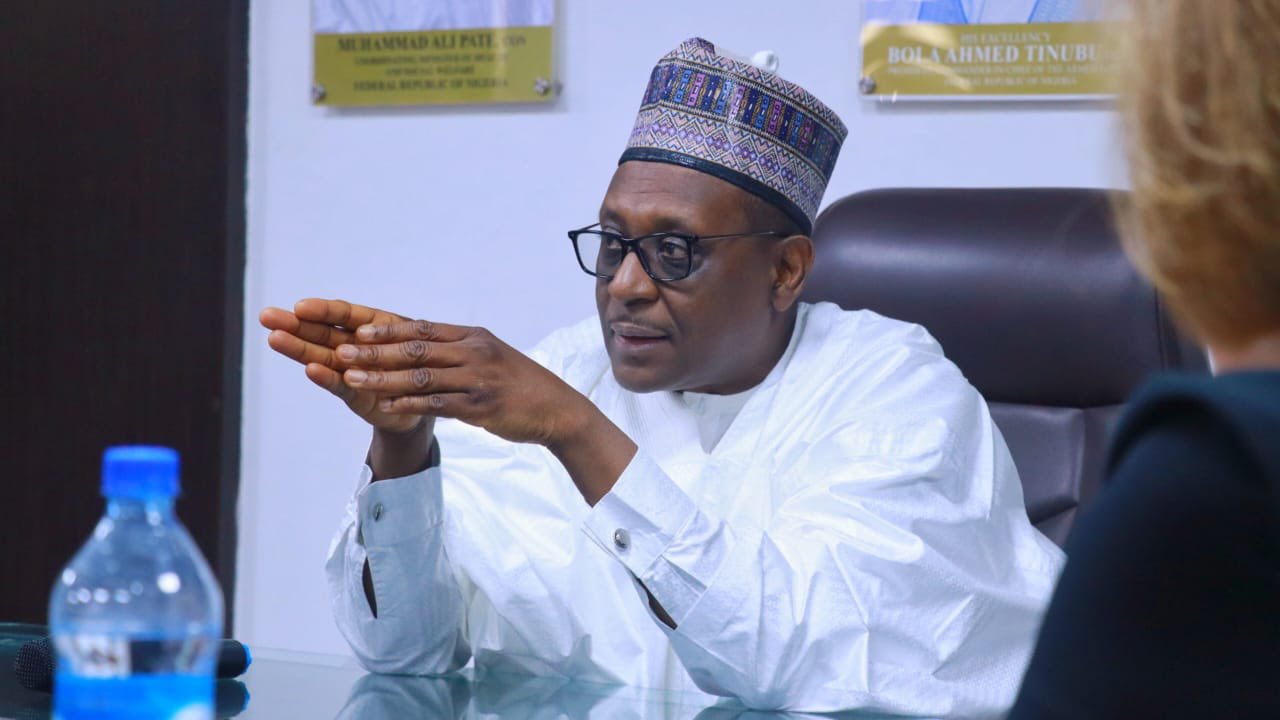The Coordinating Ministry of Health and Social Welfare has reported that Nigerian households are shouldering an “overwhelming burden” of the nation’s healthcare expenses. Dr. Kamil Soretire, Director of Health Planning, Research, and Statistics, revealed these findings in an interview on Friday in Abuja.
Dr. Soretire highlighted that, in 2022, healthcare spending constituted 4.6% of Nigeria’s Gross Domestic Product (GDP), with government contributions limited to just 0.8%. He noted that approximately 70% to 80% of this funding came from private sector and household contributions.
“The majority of healthcare costs, about 70%, were borne by households in 2022, while government schemes covered only 13%,” Soretire said. He emphasized the need for improved legislative oversight and accountability to achieve universal health coverage.
He called on legislators to broaden social insurance coverage to ease the financial pressure on households. Soretire also pointed out that primary healthcare centers are underfunded, calling for legislative support to integrate them with social health insurance programs.
The director underscored that a significant portion of healthcare spending is directed towards treating diseases like malaria and non-communicable diseases. He urged for enhanced state-level initiatives and legislative action to improve healthcare delivery.
In 2022, households contributed 72.4% of the total health expenditure, amounting to 6.8 trillion naira (approximately $16 billion), well above the recommended 30% to 40% threshold. The total health expenditure for 2022 was 9.19 trillion naira (around $21.7 billion), marking an increase from previous years (3.7% of GDP in 2020 and 4.3% in 2021).
Per capita health spending rose to $100, up from $76.3 in 2020 and $88.8 in 2021, despite the high reliance on private funding.
Public donor contributions accounted for only 14.4% of total health expenditure (1.3 trillion naira or $3.14 billion), with donors contributing 11.6% (1.06 trillion naira or $2.51 billion). Government schemes provided just 10.6% of financing, while households contributed a staggering 72.4%.
Current expenditure dominated at 96.3% (8.85 trillion naira or $20.9 billion), with capital expenditure making up only 3.7% (342.8 billion naira or $810 million). Secondary hospitals received the largest share of funds at 34.6%, while primary healthcare centers, despite their critical role, only received 7% of the services provided.
Communicable diseases, including malaria, accounted for 55% of health expenditure, with reproductive health and non-communicable diseases receiving 14.3% and 14%, respectively.
Dr. Aminu Magashi, Coordinator of the Africa Health Budget Network and health economist, stressed the urgent need for increased government funding and expanded insurance coverage. He highlighted that high out-of-pocket spending underscores the necessity for policies that reduce financial barriers to healthcare, thereby improving health outcomes and reducing poverty.
Magashi called for immediate action, noting that Nigeria’s current health financing model is unsustainable. He advocated for robust policies that increase public funding and ensure health services are accessible to all, regardless of economic status.
Some affected individuals shared their personal experiences. John Okeke, a school teacher from the FCT, lamented spending a significant portion of his income on healthcare, noting that insurance coverage remains minimal and many are left to fend for themselves.
He urged the government to address these issues to alleviate the financial burden on households and enhance the overall health and well-being of the population.




